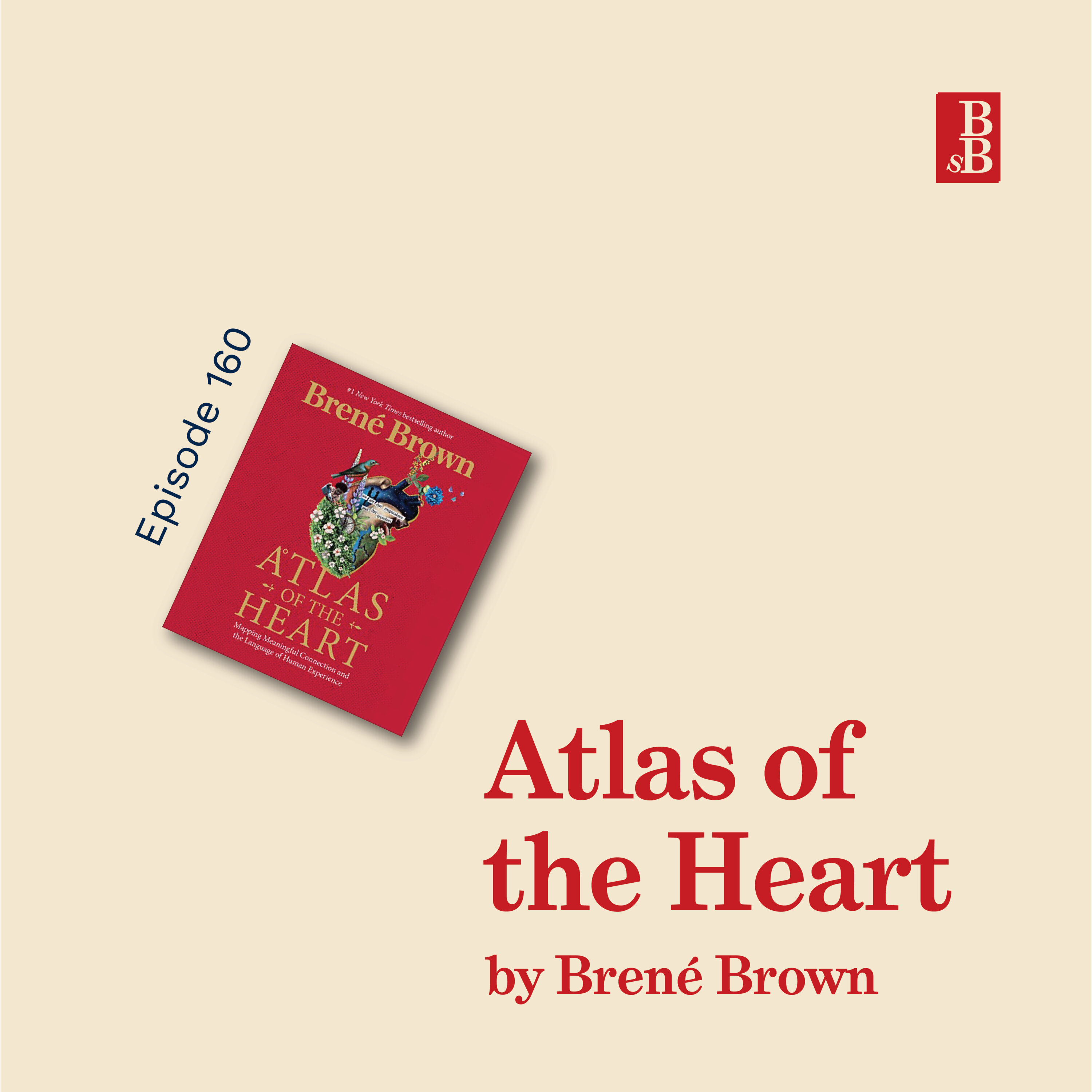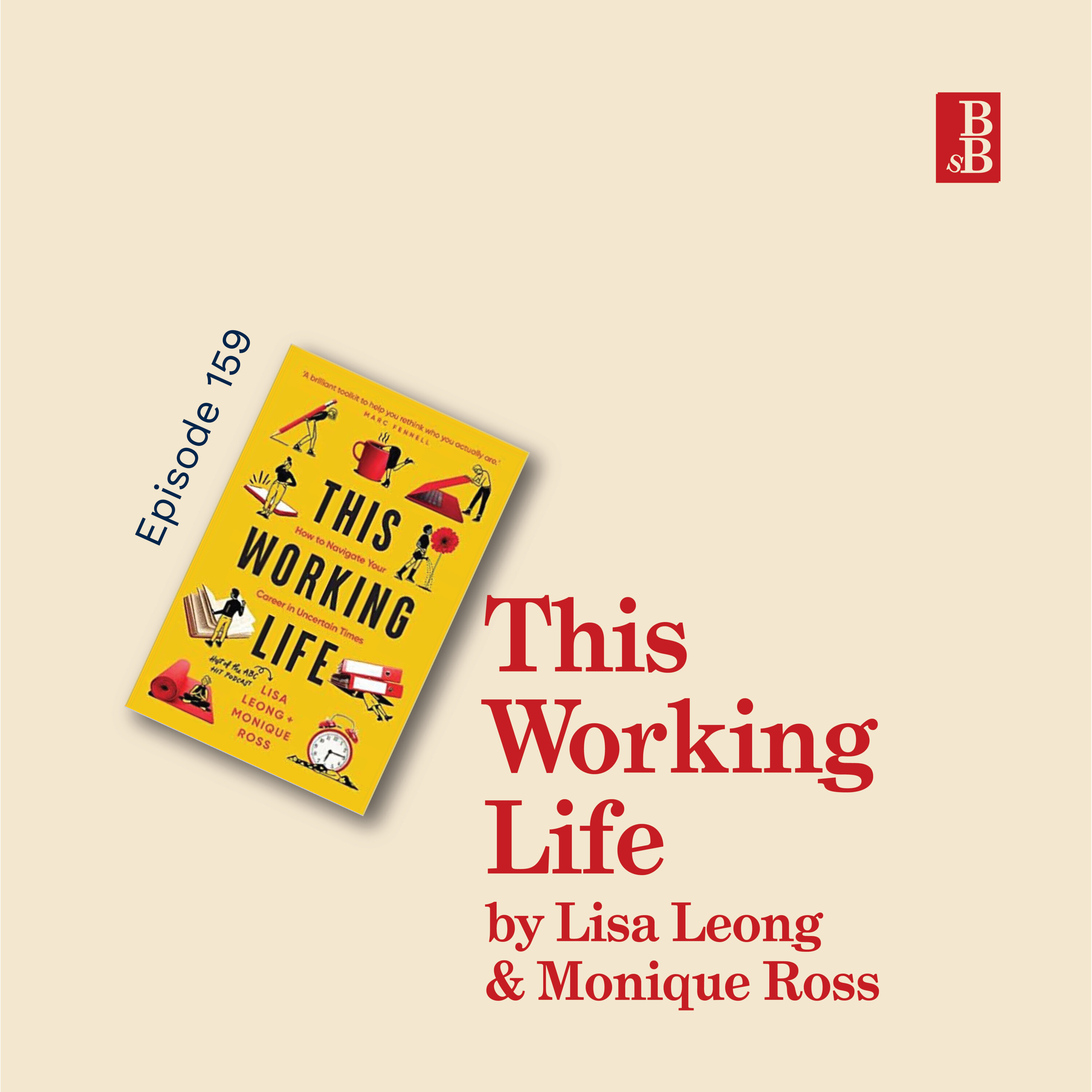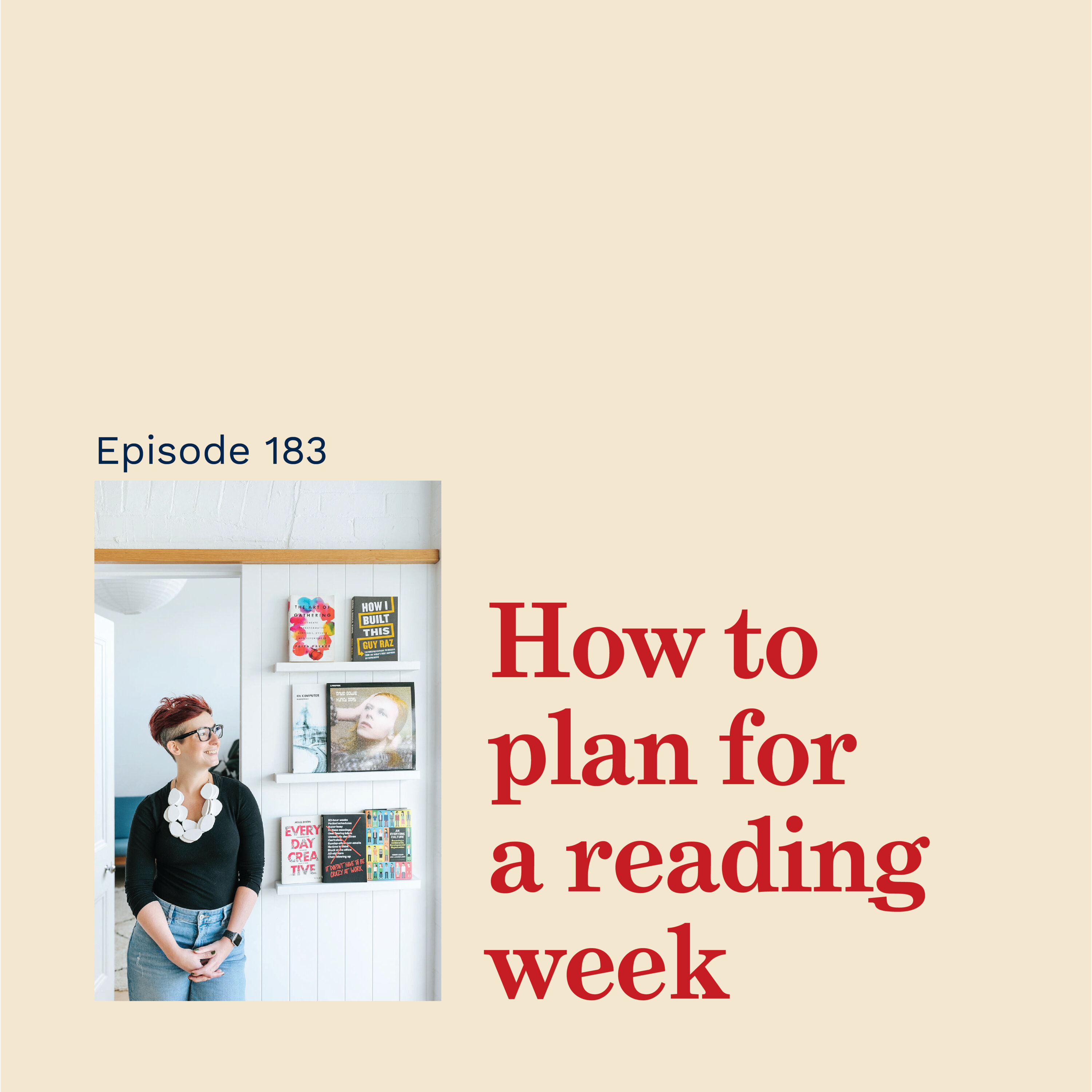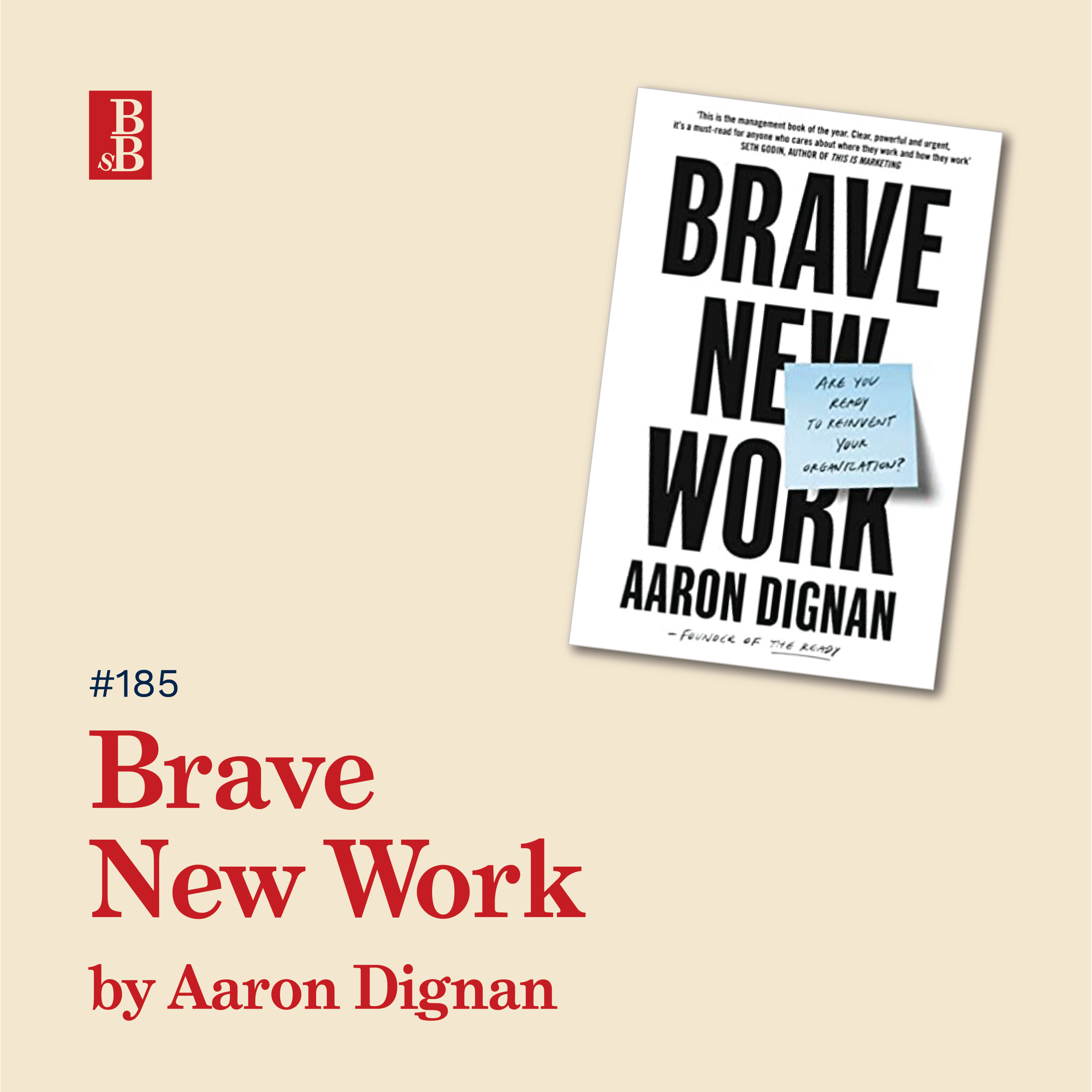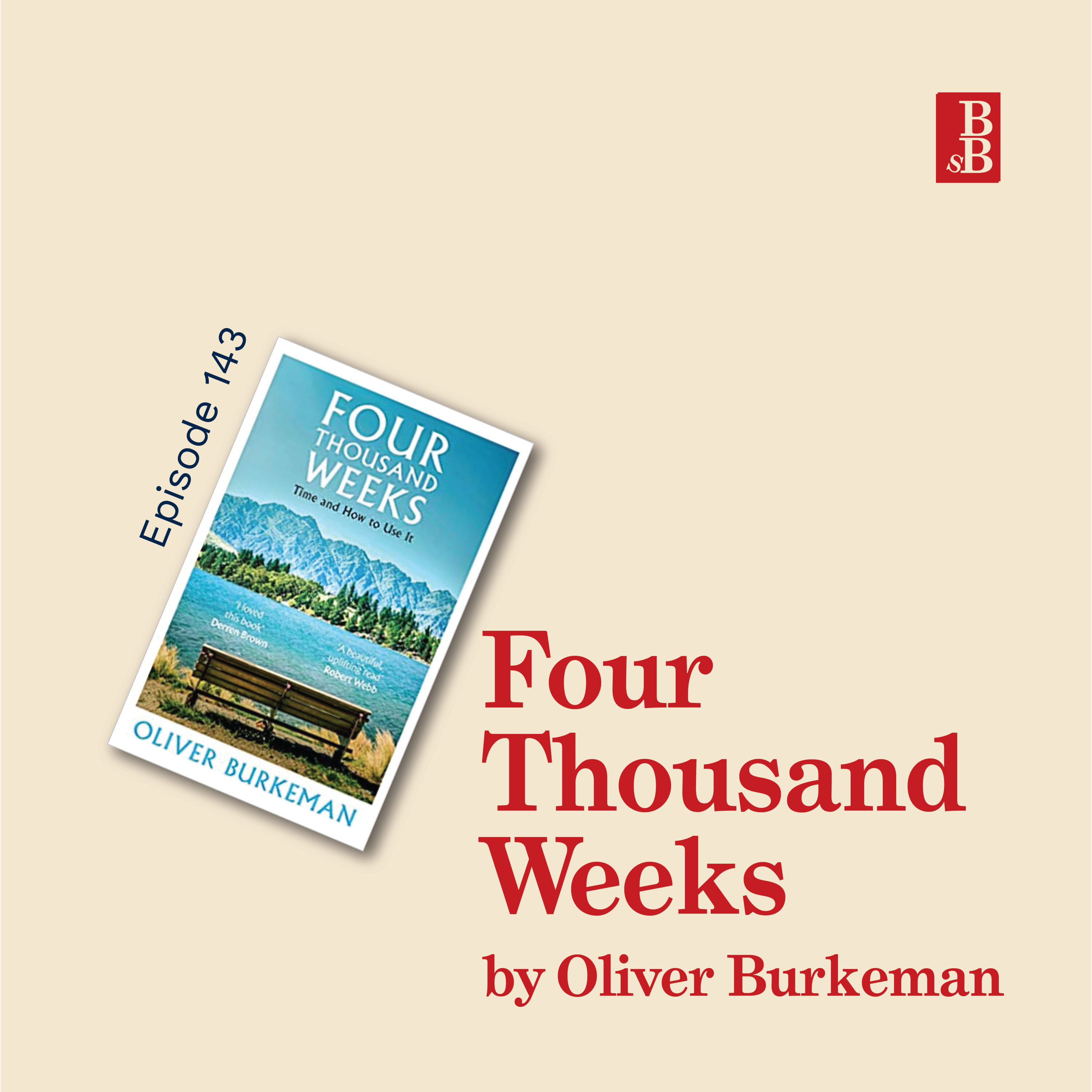Tiny Habits by BJ Fogg: Why you need to start small to create big changes
Sign up to the bookmark newsletter:
https://mailchi.mp/1119b1358a84/thebookmark
About the Author
The “New Guru You Should Know” according to Fortune. BJ Fogg runs the Behavior Design Lab at Stanford. He invested over 20 years researching and teaching insights about human behavior.
His early research on Persuasive Technology has informed the design of products that millions love and use (like Instagram, which his student co-founded).
Now, he is taking everything he knows about behavior change—including his experience personally coaching 40,000 people – to help people lose weight, de-stress, sleep better, or achieve any goal of your choice. You just need Fogg’s behavior formula: make it easy, make it fit your life, and make it rewarding. Whenever you get in your car, take one yoga breath. Smile. Whenever you get in bed, turn off your phone. Give yourself a high five.
Change can be easy—once it starts, it grows.
Source: https://www.tinyhabits.com/about
About the Book
In the widely-anticipated book Tiny Habits: The Small Changes that Change Everything, readers will discover the landmark Tiny Habits method that has helped thousands of people build their ideal lives.
Unlike anything that’s come before, this system—what Dr. Fogg has coined “Behavior Design”—cracks the code of habit formation.
The content in this book is practical, immediately applicable and most importantly brand new. Tiny Habits is not just a summary of existing methods. Each chapter shares breakthrough insights and simple steps you can take to improve your life. All this is based on Dr. Fogg’s groundbreaking research in Behavior Design.
At the heart of this book is a startling truth: Creating a happier, healthier life can be both easy and fun.
Source: https://www.tinyhabits.com/book
Links: https://www.tinyhabits.com/
Listen to BJ’s TED talk here: https://www.youtube.com/watch?v=AdKUJxjn-R8
Order your Book of Books with 15% off here: https://www.archleys.com/discount/STEPHCLARKE
Buy the Book from The Book Depository
https://www.bookdepository.com/Tiny-Habits/9780753553237/?a_aid=stephsbookshelf
BIG IDEA 1 (6:21) – Motivation is not the answer.
A lot of us fall into the trap of relying solely on motivation to force us to do what we want to do (or what we other people think we should do). However BJ talks about the fact that once you build habits, you can do almost anything. Habit building is a superpower.
Motivation runs out quickly, making it an unreliable and unhelpful beast. Instead we need to focus on systems of behaviour design and the emotion we feel when we do a particular action. We need to constantly ask ourselves ‘how could I make this easier’.
BIG IDEA 2 (8:51) – The recipe for habits.
Firstly, we need to be clear on our aspirations; what we want to be better at, do regularly or not do regularly. After this you need to identify the actual actions that would result in that aspiration, or outcome, coming to life. You can then plot these possible actions into a handy 2×2 to map their effectiveness vs your ability to do them.
To build your recipe, you need to make sure you are looking at specific actions (eg ‘stop eating a tub of ice cream every evening’) to find (and then stick to) things you are really able to do. It’s easy to just stay at the aspiration level of ‘get healthy’ or ‘sleep better’ which aren’t actionable and often results in habit failure.
It’s possible you just need a reminder to do things. You can add an anchor to your habit recipe through attaching a new action to old habits. For example, flossing can be anchored to brushing your teeth. The reminder is the previous action which is brushing your teeth.
BIG IDEA 3 (13:48) – Our emotions drive our habits.
We only do the things that make us feel good. Therefore you need to make yourself feel good in order to repeat the behaviour. This is the unique element of tiny habits which is the idea of celebration. BJ proposes we need to celebrate upon completing our new habit. Anything from a smile at ourselves in the mirror to dancing around the living room to hi-fiving your significant other. These celebrations make us feel great, resulting in our brains remembering and associate that great feeling with the habit.
Importantly, the celebration is not an incentive or reward (eg ‘if I workout five times this week, I will go for a massage’). It is critical that the celebration happens IMMEDIATELY after completing the habit action (eg straight after flossing your teeth) and makes you feel good or successful as a result of doing your new habit.
Music By: Brainstorm Song by Rex Banner
Let’s Connect
LinkedIn: www.linkedin.com/in/steph-clarke
Instagram: @stephsbizbookshelf
Enjoying the show?
Please hit subscribe so you don’t miss an episode and leave a review on iTunes to help others find us.
See omnystudio.com/listener for privacy information.
Hey, have you subscribed to the bookmark newsletter? If you liked this, you might like my twice-monthly email with book reviews and ideas of what you should be reading, and listening to, next. Click here to subscribe.













